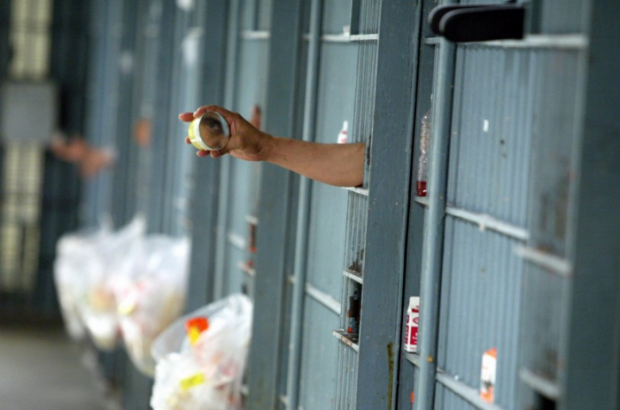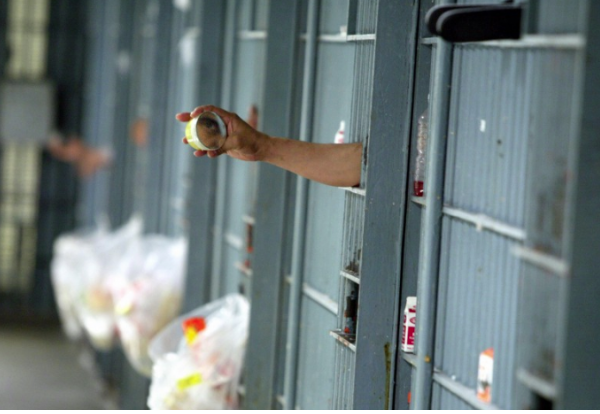By Jared Keller, www.psmag.com

That the money bail system can potentially transform a “low-risk” American arrested for a misdemeanor into a repeat offender simply because they can’t pay bail runs counterintuitive to every impulse designed to abate the flood of taxpayers into the prison-industrial complex. While the recidivism rate for local jails is nowhere near as high as state and federal prisons (67.8 percent,according to the National Institute of Justice), it still creates a carceral system where offenses perpetuate offenses, leading to a permanent underclass of people forever bound to the criminal justice system simply because of their inability to pay.
More worryingly, these sorts of financial burdens mean the majority of those subject to this unjust system are poor folks whose prospects are already limited by their station in life. As Vox’s German Lopez notes, the researchers found that bails ranging from $100 to $5,000 still had the same impact on defendants, meaning even a relatively minuscule amount is a financial stretch. And it’s not just bail: As Alexes Harris details in A Pound of Flesh:Monetary Sanctions as Punishment for the Poor, consider the legal financial obligations (LFOs) levied by judges in Washington State, from a $100 DNA collection fee to warrant and court costs and the like, all compounded on a 12 percent monthly interest.
This social disparity in the money bail system underscores a core dysfunction in our criminal justice system, the Department of Justice (DOJ)argues: State and local legislators tend to support money bail and LFOs on both administrative and retributive grounds, rather than the principles of equal access to justice under the law. “First, such a system [is] justified by the need to fiscally support the contemporary justice system,” Harris explains in A Pound of Flesh. “Legislators reasoned that defendants use costly resources within the courts and that they should pay for such services while incarcerated.” Ironically, pre-trial supervision by a court officer costs far less than keeping someone locked up, according to the Administrative Office of the U.S. Courts (per Vox). If there was ever an example of how economic incentives can warp the institutions of justice, local jails are it.
Last week, the DOJ declared the American bail system unconstitutional in an amicus brief filed in the case of Maurice Walker, a Georgia man forced to spend a week in jail on a misdemeanor charge because he couldn’t cough up enough cash to buy his freedom. The incarceration of Americans “without meaningful consideration of their ability to pay and alternative methods” (in the case of Walker, a serious mental-health disability severely constrained his income) don’t just violate the Fourteenth Amendment, the DOJ contended: They result “in the unnecessary incarceration of people and impede the fair administration of justice for indigent arrestees. Thus, they are not only unconstitutional, but they also constitute bad public policy.”
This bad public policy is no abstraction: It’s the same policy that led to the death of Sandra Bland in Waller County, Texas, more than a year ago. The 28-year-old was thrown in a county jail after being arrested; unable to pay her bond, she was found dead three days later, her autopsy showing injuries “consistent” with suicide, the New York Times reported. Could that fate have befallen Maurice Walker? Potentially: As I wrote at the time, suicide is a leading cause of deaths in local jails, and inmates receive significantly worse medical care (read: access to necessary prescriptions) than those at larger state prisons.
Until state and federal authorities re-assess and reform the national bail system (as they have in the past, sort of), hundreds of thousands of American won’t just be entering a cell when they can’t cough up a few bucks for bond — they’ll be walking into a downward spiral that could derail their lives for good.















